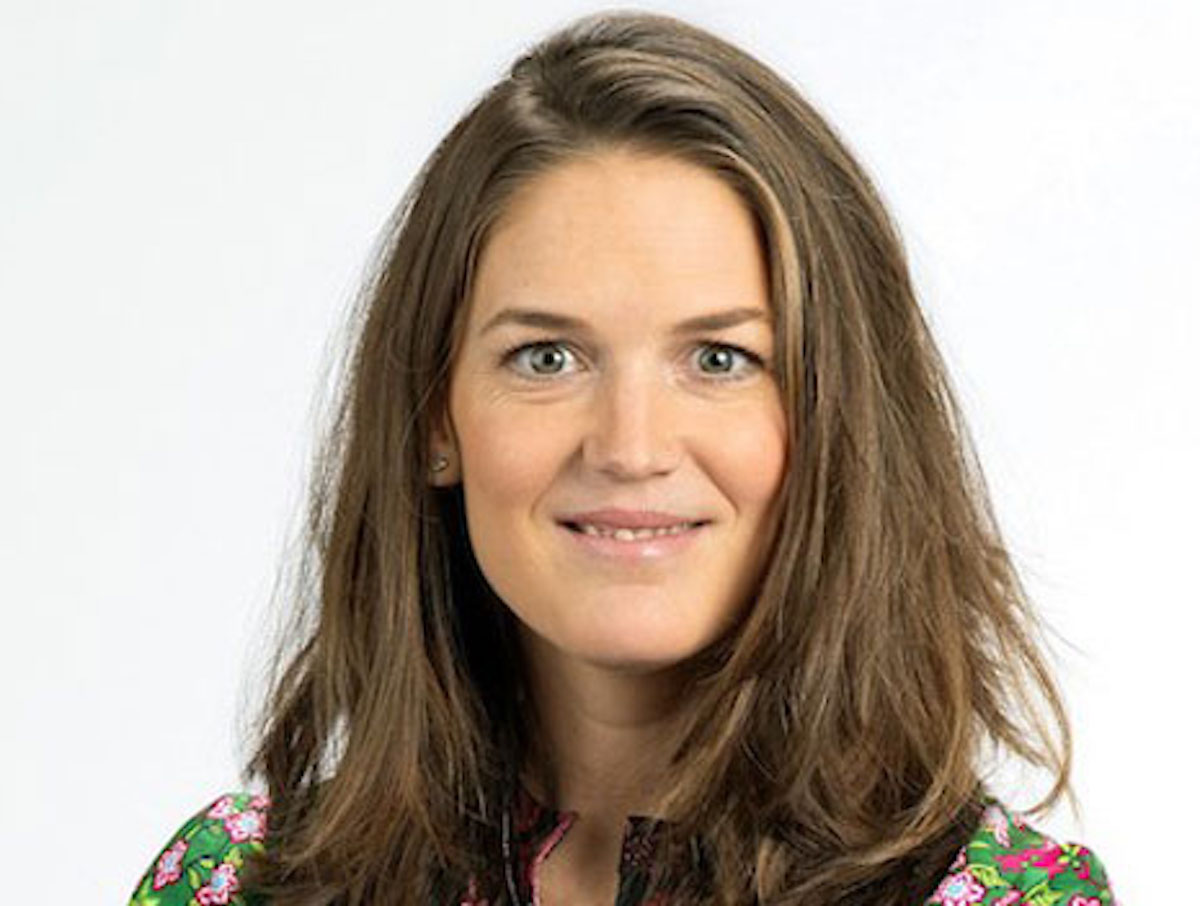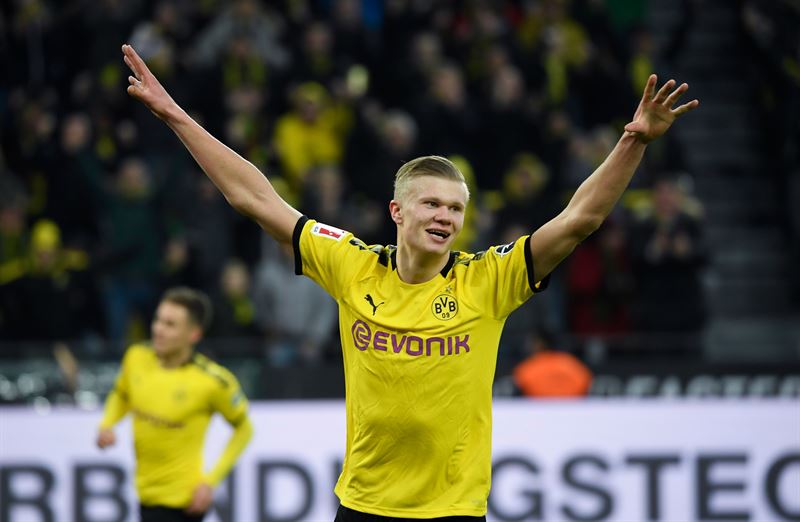
After more than 40 years of operation, DTVE is closing its doors and our website will no longer be updated daily. Thank you for all of your support.
Inside Viaplay’s content-first approach to expansion – interview with NENT Group chief content officer Filippa Wallestam

Filippa Wallestam
Amid ongoing expansion to new streaming markets, Nordic Entertainment Group’s EVP and chief content officer Filippa Wallestam speaks to Digital TV Europe about the company’s philosophy around content and its strategy to provide a compelling alternative to major US players.
Amid a glut of streaming services from film studios, major broadcasters and everything in between, NENT Group’s Viaplay is truly an all-encompassing offer which few can match.
In its native Scandinavia, not only does the service offer a market-leading array of scripted and unscripted content, but it also has arguably the most impressive single portfolio of sports rights in Europe.
If you can think of a major sports league, chances are that it is available to watch on Viaplay in the region. Whether that’s Formula 1 or the UEFA Champions League, Viaplay has it covered.
This content-first strategy is something at the forefront of Viaplay’s expansion plans, NENT Group EVP and chief content officer Filippa Wallestam tells Digital TV Europe.
“Sports are kind of our DNA and heritage,” the exec says. “But you could say that the idea for Viaplay was born 30 years ago when we started creating original productions. And then we’ve just evolved over time into how people want to consume media today.”
And the way people want to consume media today, NENT believes, is digital-first. Wallestam says that the company has made the decision to premiere all of its original content first on Viaplay before bringing it to NENT’s linear channels.
International expansion with a local touch
This approach has seen the company expand Viaplay to new corners as part of a global rollout revealed by CEO Anders Jensen in late 2020.
Outside of its native Nordics, Viaplay is available in the Baltics and launched in Poland last month. Before the end of the year, the service will launch in the US (albeit in a slightly different guise), with further European expansion to countries including the Netherlands in 2022.
Of this expansion, Wallestam is confident “as long as we offer a strong enough product and a strong enough package for the consumers.”
She adds “Of course, we need to build the brand. We have been building the brand in the Nordics for a long time, and you shouldn’t underestimate the complexity of building a new brand. But it helps a lot that we have the strong sports rights of course – that’s the entry ticket – and then we have to make sure that the rest is strong enough for consumers to enjoy.”
The exec states that there has been “a lot of interest” in Viaplay in Poland, while the local creative market “is extremely excited about a new player entering into that region to create more business and new perspectives.”
This is far from unique of course. Everyone from Netflix to Disney invests to varying degrees in local content in order to tap into that market, but Wallestam boasts that the company’s unique perspective and prioritisation of local content makes it stand out.
“We want to tell the local stories but with a Viaplay angle,” she says. “And that is, in many cases, new from what they have done before. If you are a creator, that is only good news!”
She continues: “It’s extremely important to have strong local content. We’ve learned this from the Nordics. We know how important local content is there, and that is why we are focusing on producing content in the markets we go into. That is a bit of a unique selling point for us as opposed to some of the others.”
This translates to not just producing prestige dramas, but also unscripted shows and documentaries, all with a local flair.
A measured approach
Another way in which Viaplay appears distinct from its streaming rivals is in the strategy of its rollout.
Rather than expanding to regions at a time (take Disney as an example of a company which tends to launch across large regions rather than individual nations or blocs), NENT has been particular in where the streamer has launched.
“For us of course we have a big difference between others,” Wallestam says as she laughs at the comparisons between the US giants to the relatively small NENT.
The difference isn’t the scale however, but NENT’s heavy investment in sports – something only Amazon out of the US players has really moved into in Europe.
“Sports is determining where we go and where we see great opportunities to acquire and cover great rights,” she says.
Poland is a prime example of this. Driving the offer here is the top football league of its neighbour Germany, the Bundesliga, along with other European football coverage.
This, mixed with the local content mentioned earlier, means that Viaplay in Poland “is a completely different offering,” Wallestam says, and explains why the company is “a little bit more selective in where we are going into.”
The American way
While the company makes much of its local focus, the strategy within Europe for expansion is a fairly defined one of sports plus local originals. The same cannot be said for the largest market that Viaplay is set to expand to later this year.
“For our expansion territories we have two separate offerings: the first one, the broad offering, is a replica of Viaplay in the Nordics where we have both our own produced content as well as sports of course and acquired content. That’s the one we have in the Nordics, the Baltics and Poland, and also what we are going to have in the Netherlands,” the content chief explains.

Original series like Swedish Dicks will be at the forefront of Viaplay’s ‘NordBox’ offering when it launches in the US
“The US however is a completely different ball game. We’re not going to have any sports and we’re not going to have a lot of content from the US studios either. There we are going with a very Nordic-focused product, almost like the best of Nordics. This means that it’s our own shows for sure, but also a lot of Nordic shows from other local players – especially the pubcasters in the region.”
Without prompting, Wallestam draws the comparison between Viaplay’s proposed US product with that of another international streamer available in the country. “The easiest way to explain our offering in the US is like BritBox with Nordic content. We joke about it as a NordBox sometimes,” she explains.
This US model is likely to be the one followed in more mature European markets as well, where sports and US content is already covered by established players. Having this dual approach will enable NENT to be more flexible when expanding and growing further down the line, but home will always be at the heart of Viaplay.
“We have so much great strong content coming out from the Nordics right now. The market has been evolving over a long time and we can really see that in the quality of the shows that are now being produced, it’s really improving every year,” Wallestam concludes.
“And it’s a lot more than just Noir that is working!”



